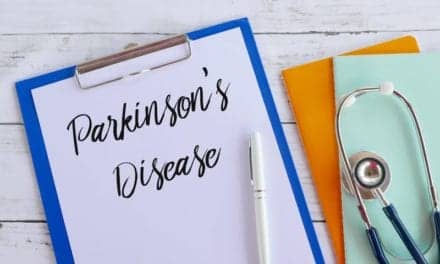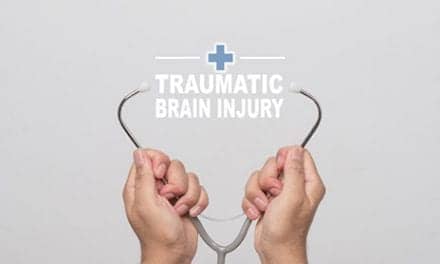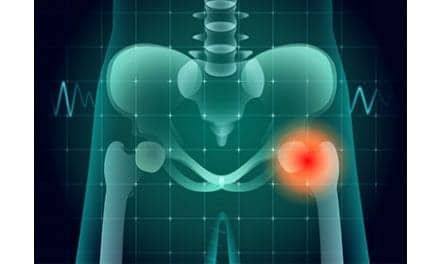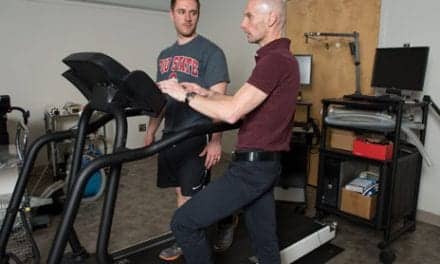BRAINBox Solutions has enrolled the 1,000th patient in the HeadSMART II study of its concussion diagnostic and prognostic test, BRAINBox TBI. The multi-national, multi-site, trial is designed to support an application for regulatory clearance by the US FDA.
“We are developing the BRAINBox TBI (Traumatic Brain Injury) test as the first objective test to aid in the diagnosis of concussion and to provide an assessment of the risk of post-concussive symptoms,” said Donna Edmonds, BRAINBox Solutions’ CEO. “We are now in the home stretch of this very important study for the field. We believe the test has great potential to change clinical practice in the diagnosis and management of concussion and will define for the first time, objective diagnostic criteria for this condition, termed Acute Traumatic Encephalopathy (ATE). As such, the trial has been rigorously designed in collaboration with leading experts in traumatic brain injury and emergency medicine. The study evaluates patients in multiple settings and includes state of the art expert adjudication panels.”
She adds that the current study is being conducted in adults (18 years old or older). A separate National Institutes of Health-supported, multi-center study in geriatric subjects is expected to begin enrollment in late 2022 to establish a geriatric specific test for diagnosis and prognosis. Additionally, the company is engaged a Pilot Study for a Pediatric Test for individuals under the age of 18, aimed at the same claims as the adult study.
The BRAINBox TBI multi-modal test combines clinical data, neurocognitive testing, symptom reporting and blood-based biomarkers, with proprietary AI algorithms to generate an objective score for diagnosis up to 96 hours from the time of injury. In addition, a prognosis report is generated, providing the likelihood of injury-related symptoms occurring at 30 days and up to three months after the event. The clinical study sites were selected to reflect real world practice and include Level I Trauma Centers, Emergency Departments and Urgent Care settings in systems and community-based hospitals.
The HeadSMART II study’s primary endpoints include ATE diagnosis, as determined by the BRAINBox TBI test, compared with the Gold Standard diagnosis and the test’s ability to predict persistent symptoms up to 90 days after an ATE diagnosis.
The Gold Standard for diagnosis is determined by an adjudication committee of clinical experts blinded to the test results. Two randomly selected experts each make a diagnostic determination based on evaluation of the clinical information, including imaging and neurological assessments. If there is discordance, a third expert performs an independent review and serves as the tie breaker. There is a similar expert adjudication process for neuroimaging data from participants who receive a head CT scan or MRI as part of standard of care.
Adjudicated TBI patients are stratified as having high or low risk for post-concussive symptoms in each symptom category, based on biomarker and neurocognitive testing.
[Source(s): BRAINBox Solutions Inc, PR Newswire]





